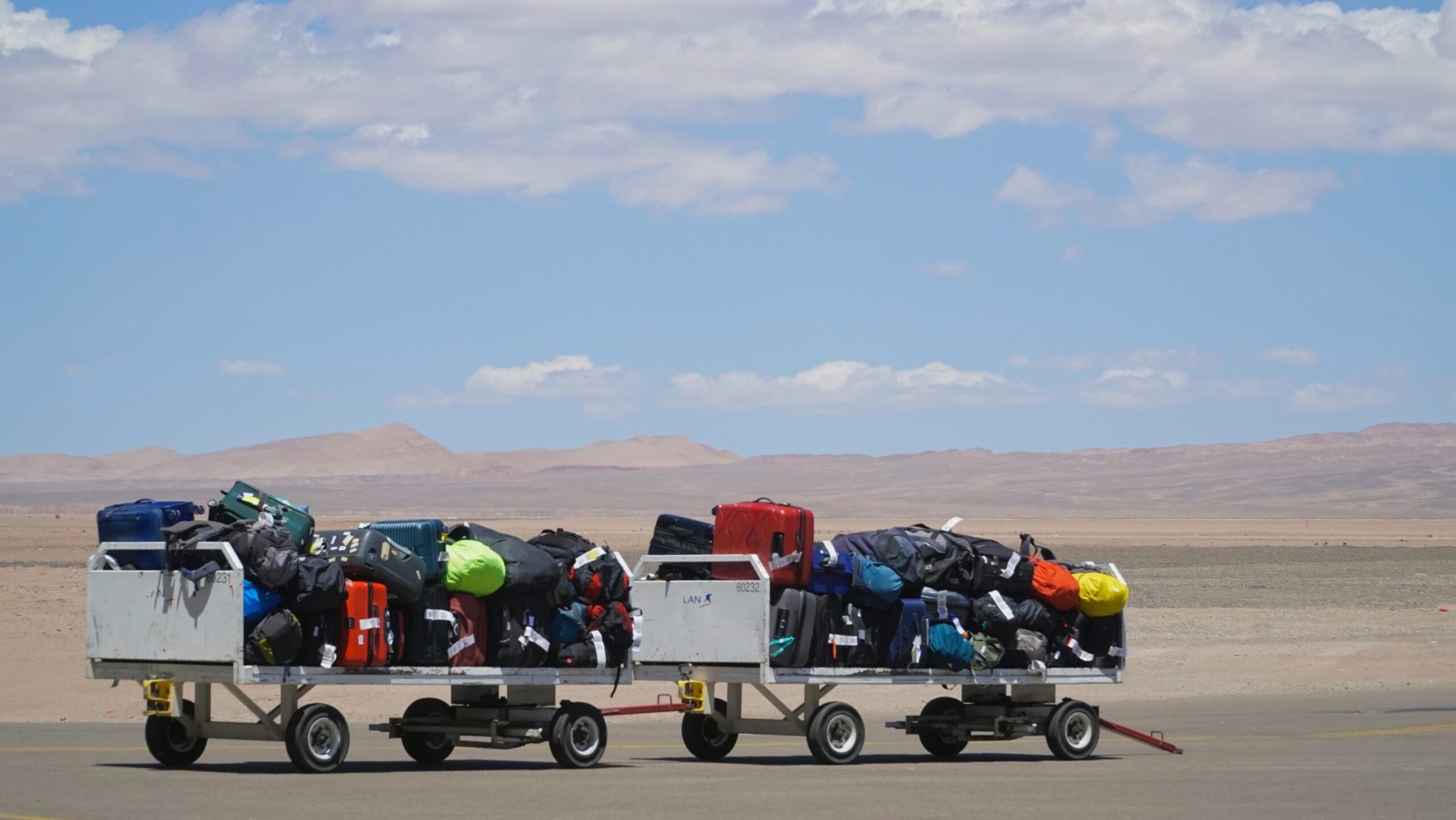Ever had your suitcase lost on a flight and felt like you were stuck in the wild west of airline policies? You’re not alone. Airline-specific coverage rules for baggage insurance can feel like a maze, making travelers wonder: “What exactly am I covered for?” Fret not—this guide dives deep into how to navigate these tricky waters so you never get left high and dry again.
Table of Contents
- Key Takeaways
- Why Airline-Specific Coverage Rules Are More Important Than Ever
- Step-by-Step Breakdown of Airline Coverage Policies
- 6 Pro Tips for Maximizing Your Baggage Insurance
- Real-Life Example: When Coverage Matters Most
- Frequently Asked Questions (FAQs)
- Conclusion
Key Takeaways
- Airline-specific coverage often limits liability based on international treaties or internal policies.
- Understanding fine print is crucial to avoid unexpected costs.
- Supplementing basic coverage with specialized baggage insurance can save thousands.
Why Airline-Specific Coverage Rules Are More Important Than Ever

I once thought all airlines followed universal coverage standards. Boy, was I wrong. A friend’s wedding outfit worth $2,000 vanished mid-flight, only to discover the carrier’s policy capped compensation at $300. Ouch.
Here’s the deal: Airlines operate under specific rules influenced by global agreements like the Montreal Convention or their own terms. This affects everything from delayed luggage payouts to outright losses. Knowing these nuances isn’t just smart—it’s essential if you travel frequently or pack valuables.
Step-by-Step Breakdown of Airline Coverage Policies

Step 1: Identify Which International Treaty Applies
For flights crossing borders, treaties dictate liability limits. The Montreal Convention usually applies but check specifics for domestic-only trips.
Optimist You says, “This sounds straightforward!”
Grumpy You replies, “Yeah, except every treaty has loopholes.”
Step 2: Review Carrier-Specific Policies
Visit the airline’s website or customer service portal to understand exclusions—electronics, jewelry, cash… you name it, they might deny claims.
Step 3: Document Everything Immediately
Snap photos of your luggage before departure and keep receipts for valuable items inside.
Step 4: Report Damages Quickly
Most airlines require reporting within 24 hours of arrival, though some allow up to seven days for delays.
6 Pro Tips for Maximizing Your Baggage Insurance
- Don’t Rely Solely on Airline Liability: Invest in third-party baggage insurance for full protection.
- Pack Smart: Avoid packing prohibited items like flammable liquids—even unintentional violations void claims.
- Check Credit Card Perks: Some premium cards offer complimentary baggage insurance; leverage this benefit!
- Keep Copies Handy: Stash digital duplicates of important documents in case originals go missing.
- Read Fine Print: Even tiny details matter. That USB charger tossed into your bag? It could trigger an exclusion clause.
- File Claims Promptly: Waiting too long can mean forfeiting your right to compensation entirely.
Real-Life Example: When Coverage Matters Most

Jane Doe flew from New York to Paris for her dream vacation, hauling fragile artwork valued at $5,000. Upon landing, her checked bag went missing. Thanks to supplemental baggage insurance purchased through her credit card provider and meticulous documentation, she recovered almost the entire value minus a small deductible. Moral of the story? Be prepared—always!
Frequently Asked Questions (FAQs)
Does My Airline Cover Lost Electronics?
Nope, most carriers explicitly exclude electronics unless you’ve purchased separate coverage.
What Happens If My Luggage Is Stolen During Transit?
If theft occurs during transit, report it immediately to both local authorities and the airline to initiate investigations.
Are There Limits to Compensation Amounts?
Yes, per-airline caps vary wildly depending on factors like flight distance and whether domestic or international laws apply.
Conclusion
Navigating airline-specific baggage insurance rules doesn’t have to feel impossible. By understanding carrier policies, leveraging credit card benefits, and opting for additional coverage when needed, you’ll stay ahead of potential disasters. Next time you head out the door, remember: preparation beats frustration every time.
“Packed bags aren’t heavy—it’s peace of mind weighing them down.” —Unknown Traveler Wisdom.


